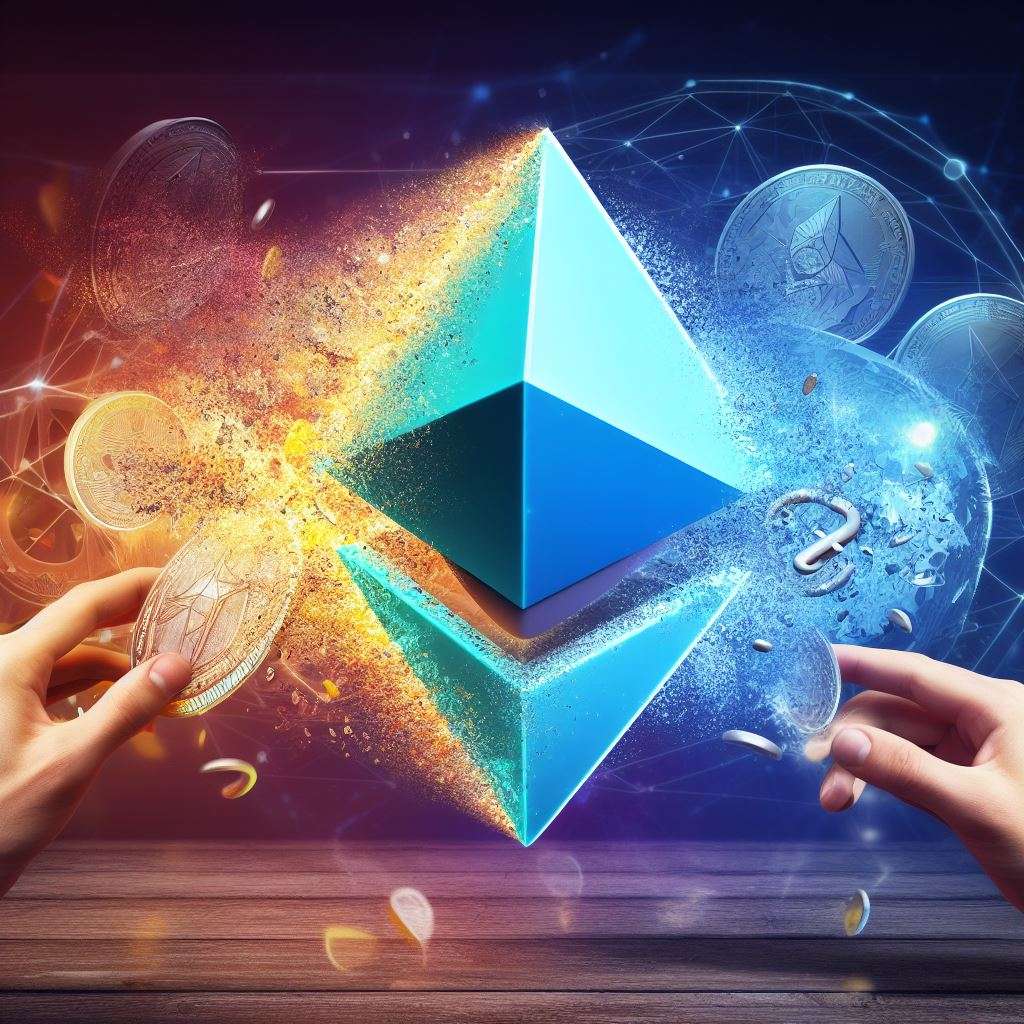
In a landmark announcement made in May 2022, the Ethereum blockchain, a pioneer in the world of cryptocurrencies, introduced a groundbreaking proposal that promises to reshape the landscape of digital assets and decentralized applications (dApps). This revolutionary upgrade aims to unlock unprecedented functionalities, effectively transforming traditional assets into small, versatile decentralized applications. Let’s delve into this exciting development and understand its implications for the future of blockchain technology.
Blockchain technology, popularized by cryptocurrencies like Bitcoin and Ethereum, has evolved significantly since its inception. Ethereum, in particular, has been at the forefront of blockchain innovation, offering a platform for the creation of smart contracts and decentralized applications. This latest proposal takes Ethereum’s capabilities to a whole new level, introducing a concept that could revolutionize the way we perceive digital assets.
The Evolution of Digital Assets
Traditionally, digital assets like cryptocurrencies have served as digital representations of value, exchanged and held by users worldwide. However, Ethereum’s proposal seeks to redefine the role of these assets by upgrading them into small, self-contained decentralized applications. This transformation means that digital assets can now function as more than just a store of value; they can actively engage with users through smart contracts and programmable functionalities.
Unleashing Unprecedented Functionalities
The core innovation behind this proposal lies in its ability to enable digital assets to become versatile and interactive entities. Imagine a scenario where your Ethereum tokens not only hold value but also offer specific utilities or services. This opens the door to a wide range of possibilities, including:
A Shift Towards a Decentralized Future
This Ethereum proposal marks a significant step towards a more decentralized future. By granting tokens the ability to function as small decentralized applications, the distinction between assets and applications blurs, democratizing access to blockchain technology. This shift empowers users by providing them with more control, ownership, and opportunities within the blockchain ecosystem.
Implications for the Wider Crypto Ecosystem
While this Ethereum proposal is set to reshape the Ethereum ecosystem, its influence is not limited to Ethereum alone. The concept of tokens as decentralized applications has the potential to influence other blockchain platforms within the broader crypto space, including Ethereum Virtual Machine (EVM) compatible chains. This development underscores the collaborative nature of blockchain innovation, where one breakthrough can inspire advancements across the entire industry.
Challenges and Considerations
As with any significant innovation, there are challenges and considerations to address. The integration of these advanced functionalities requires careful planning, testing, and security measures to ensure the protection of users and their assets. Additionally, regulatory compliance and scalability issues may need to be addressed to realize the full potential of this proposal.
The Road Ahead
The unveiling of this Ethereum proposal in May 2022 marks a pivotal moment in the evolution of blockchain technology. It brings us closer to a future where digital assets are not static stores of value but active participants in a decentralized world. While there are still hurdles to overcome, the potential benefits are immense. This proposal promises to democratize access to blockchain technology, giving individuals more control and opportunities within the crypto ecosystem.
As the crypto community eagerly awaits the implementation of this groundbreaking upgrade, one thing is certain: the world of digital assets is on the cusp of a transformative revolution that will change the way we interact with blockchain technology forever.
Get the latest Crypto & Blockchain News in your inbox.